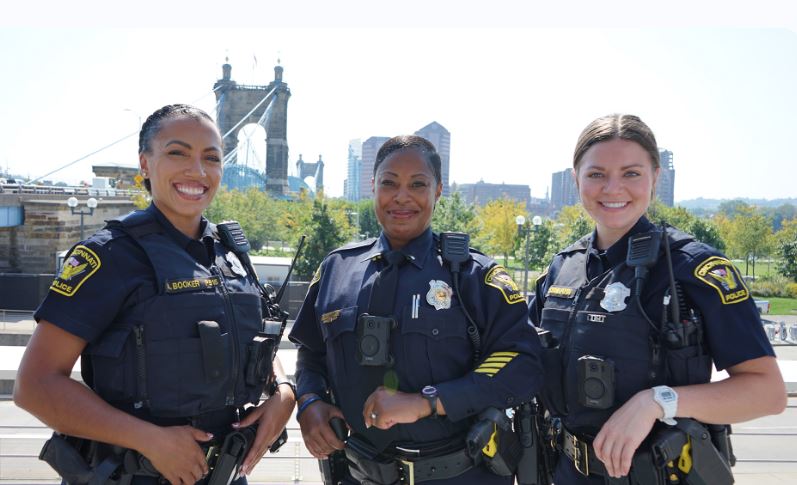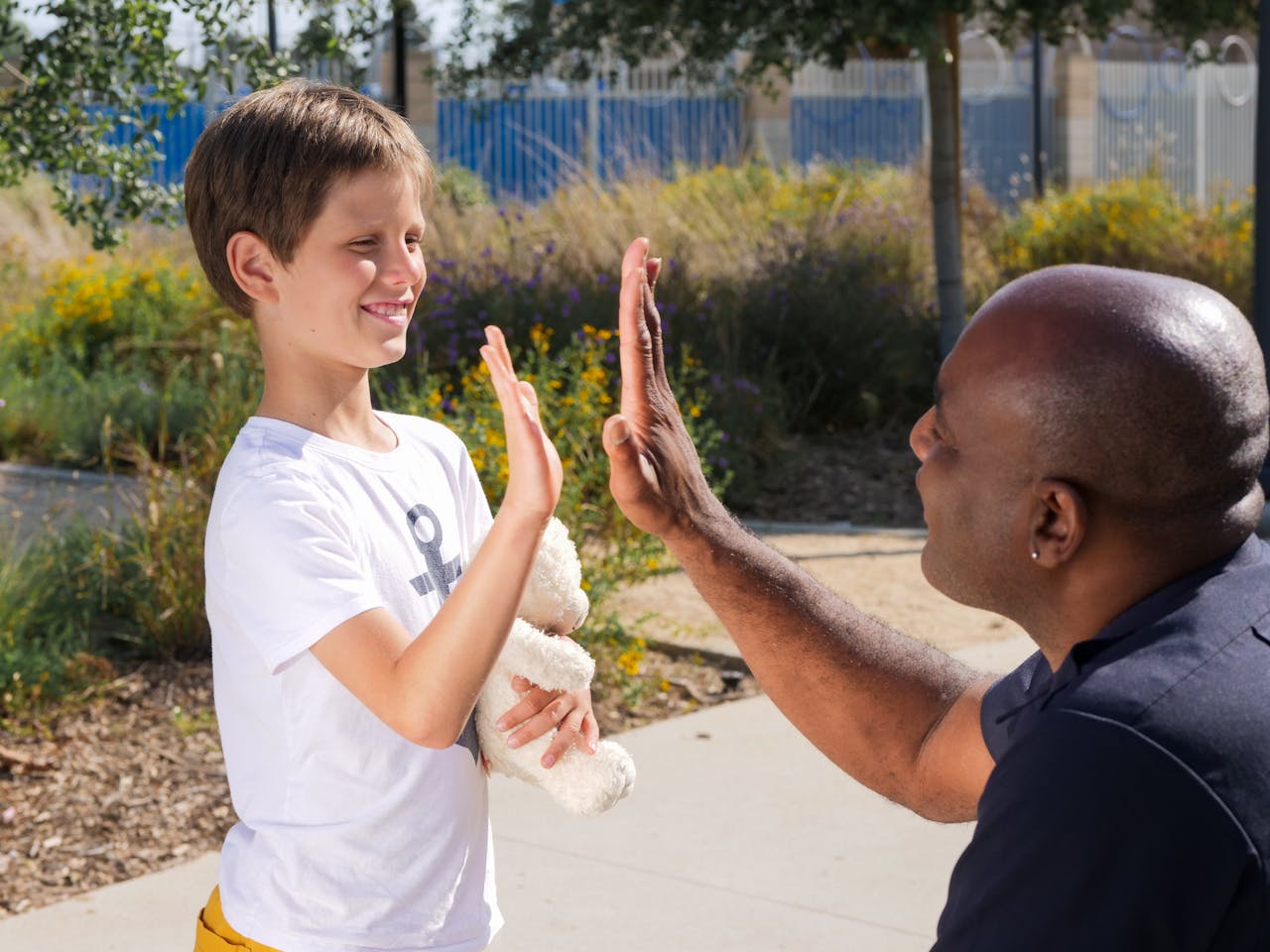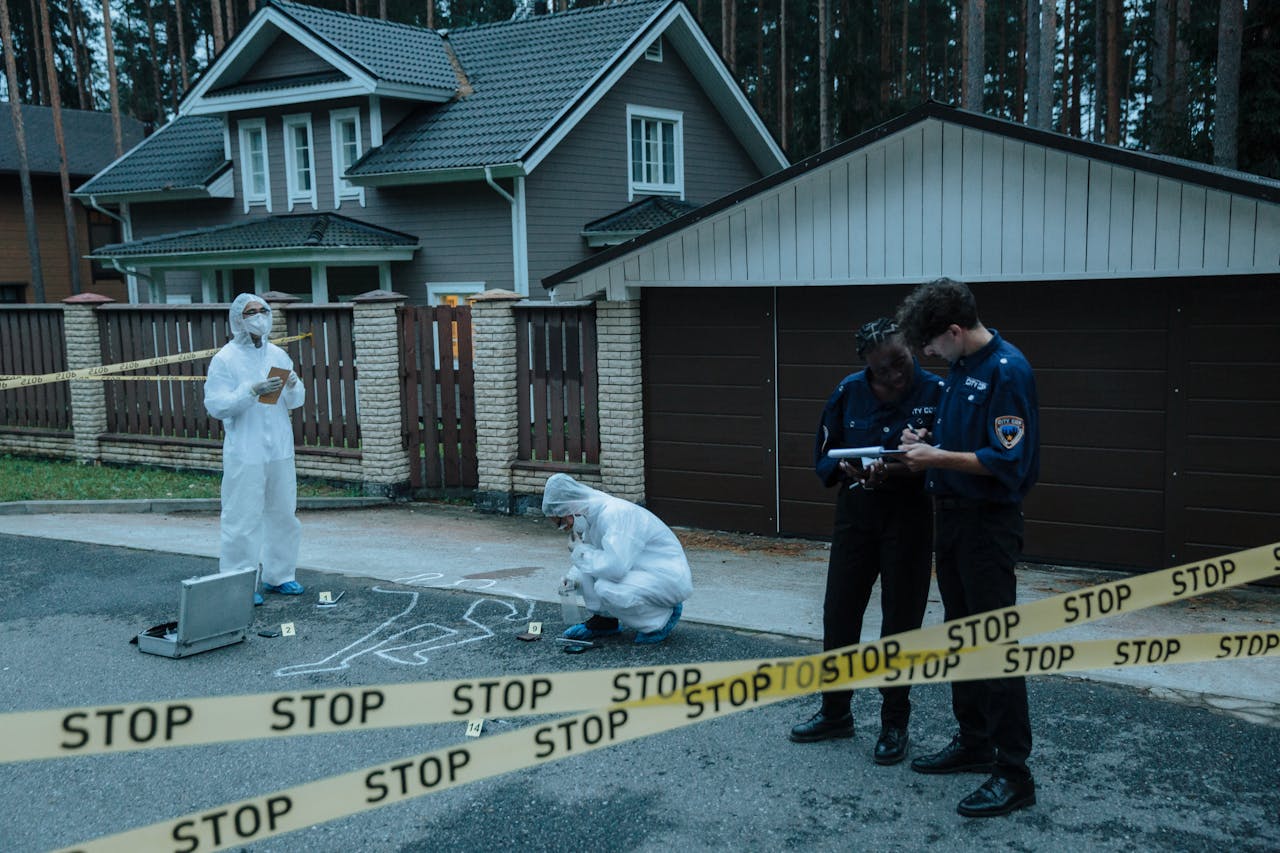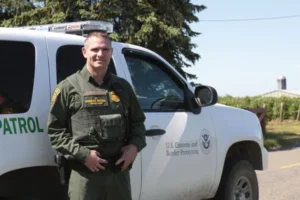YOUR SERVICE AS A LAW ENFORCEMENT = HOMES FOR HEROES REWARDS
WE HONOR YOUR SERVICE WITH HERO REWARDS SAVING YOU MONEY WHEN YOU BUY OR SELL A HOME!
HOMES FOR HEROES
 Homes for Heroes, Inc. was created shortly after 9/11 as a way to say “Thank you” to those who serve and sacrifice so much, including firefighters, law enforcement, military (active, reserves & veterans), healthcare workers, EMS and teachers. It is the largest nationwide network of affiliate real estate specialists and local business affiliates, and one which we are incredibly proud to be part of. It is their mission to provide extraordinary savings to Heroes who provide extraordinary services to our nation and its communities every day. As of April 2024 Homes For Heroes affiliates have helped 66,893 Heroes save $129,996,243! Since joining the Homes For Heroes program in 2016 we have ranked in the top 1% of affiliates.
Homes for Heroes, Inc. was created shortly after 9/11 as a way to say “Thank you” to those who serve and sacrifice so much, including firefighters, law enforcement, military (active, reserves & veterans), healthcare workers, EMS and teachers. It is the largest nationwide network of affiliate real estate specialists and local business affiliates, and one which we are incredibly proud to be part of. It is their mission to provide extraordinary savings to Heroes who provide extraordinary services to our nation and its communities every day. As of April 2024 Homes For Heroes affiliates have helped 66,893 Heroes save $129,996,243! Since joining the Homes For Heroes program in 2016 we have ranked in the top 1% of affiliates.
To learn more about Homes For Heroes and why we're proud to be involved with this extraordinary organization, click here.
If you or someone you know is planning to buy or sell a home and they serve, please let them know about Homes For Heroes and how we can help them save money on their home sale or purchase.
![]()






WHY DO WE FEEL SO HONORED TO WORK WITH OUR LAW ENFORCEMENT CLIENTS?
IT’S BECAUSE THEY DESERVE IT
The service of a police officer is characterized by their commitment to protecting public safety, upholding the law, and serving their communities with integrity and professionalism. Police officers play a crucial role in maintaining law and order, preventing crime, and ensuring the safety and security of individuals and neighborhoods. Here's a closer look at what defines the service of a police officer:
- Law Enforcement: Police officers are responsible for enforcing laws, ordinances, and regulations at the local, state, and federal levels. They patrol assigned areas, respond to emergency calls, investigate crimes, and apprehend suspects to maintain public order and safety.
- Crime Prevention: Police officers engage in proactive crime prevention efforts to reduce criminal activity and enhance public safety. They work with community members, businesses, and organizations to identify and address underlying factors contributing to crime, such as poverty, substance abuse, and social unrest.
- Community Policing: Police officers practice community policing, building positive relationships and partnerships with residents, businesses, and community groups. They collaborate with stakeholders to address concerns, solve problems, and improve the quality of life in neighborhoods through dialogue, engagement, and mutual trust.
- Emergency Response: Police officers are often the first on the scene of emergencies, including accidents, natural disasters, and violent incidents. They provide assistance, coordinate resources, and ensure the safety of individuals affected by the crisis, working closely with other first responders and agencies to mitigate risks and manage the situation.
- Investigative Work: Police officers conduct investigations into criminal activities, gathering evidence, interviewing witnesses, and analyzing information to solve cases and hold perpetrators accountable. They use forensic techniques, surveillance methods, and investigative tools to uncover the truth and bring justice to victims and their families.
- Traffic Management and Enforcement: Police officers regulate traffic flow, enforce traffic laws, and respond to accidents to prevent injuries and fatalities on roadways. They conduct traffic stops, issue citations, and educate drivers about safe driving practices to reduce accidents and improve traffic safety.
- Crisis Intervention: Police officers respond to calls involving individuals in crisis, such as mental health crises, domestic disturbances, and suicide attempts. They use de-escalation techniques, crisis intervention training, and empathy to defuse tense situations and connect individuals with appropriate resources and support services.
- Youth Outreach and Education: Police officers engage with youth through school programs, mentoring initiatives, and recreational activities to build positive relationships, promote positive behavior, and prevent juvenile delinquency. They serve as role models and mentors, inspiring young people to make positive choices and pursue their goals.
- Ethical Conduct and Professionalism: Police officers uphold the highest standards of ethical conduct, integrity, and professionalism in their interactions with the public and their colleagues. They demonstrate fairness, respect, and impartiality in carrying out their duties, earning the trust and respect of the communities they serve.
- Continuous Training and Development: Police officers engage in ongoing training and professional development to enhance their knowledge, skills, and abilities in law enforcement, communication, cultural competency, and crisis intervention. They stay abreast of emerging trends, technologies, and best practices to adapt to evolving challenges and serve their communities effectively.
In summary, the service of a police officer is characterized by their dedication to protecting public safety, upholding the law, and serving their communities with integrity, professionalism, and compassion. Police officers play a vital role in maintaining law and order, promoting trust and cooperation, and ensuring the well-being and security of individuals and neighborhoods.
